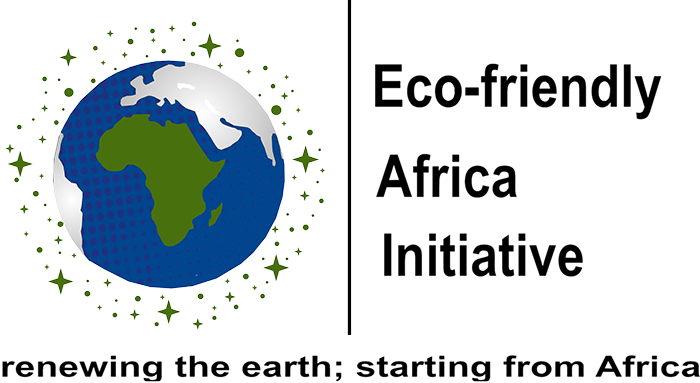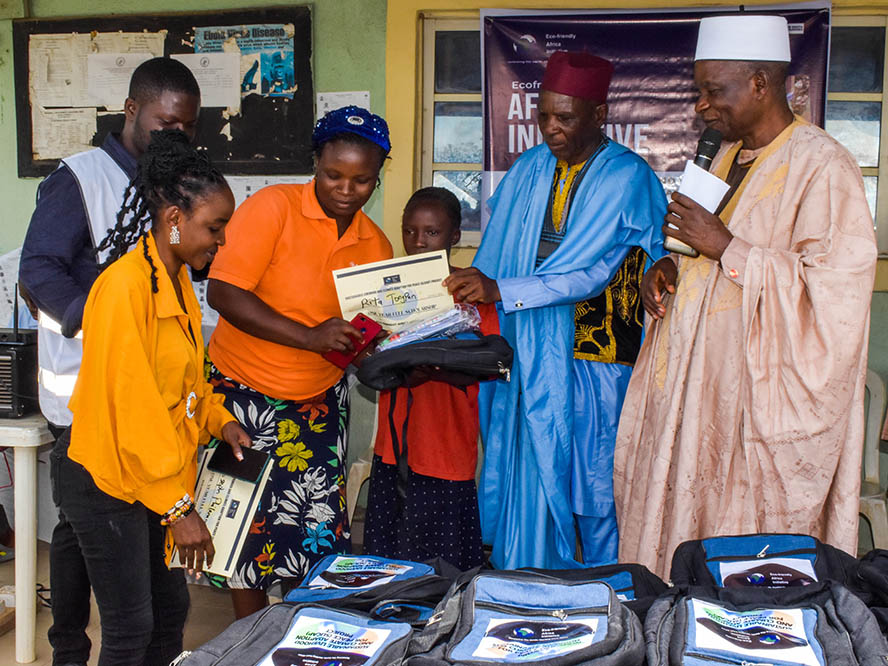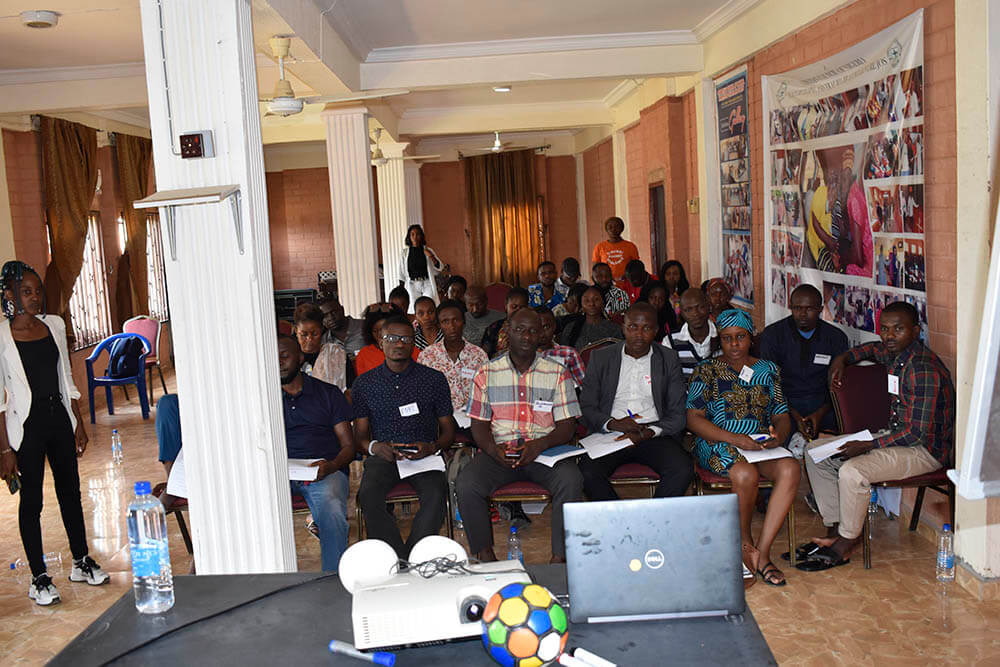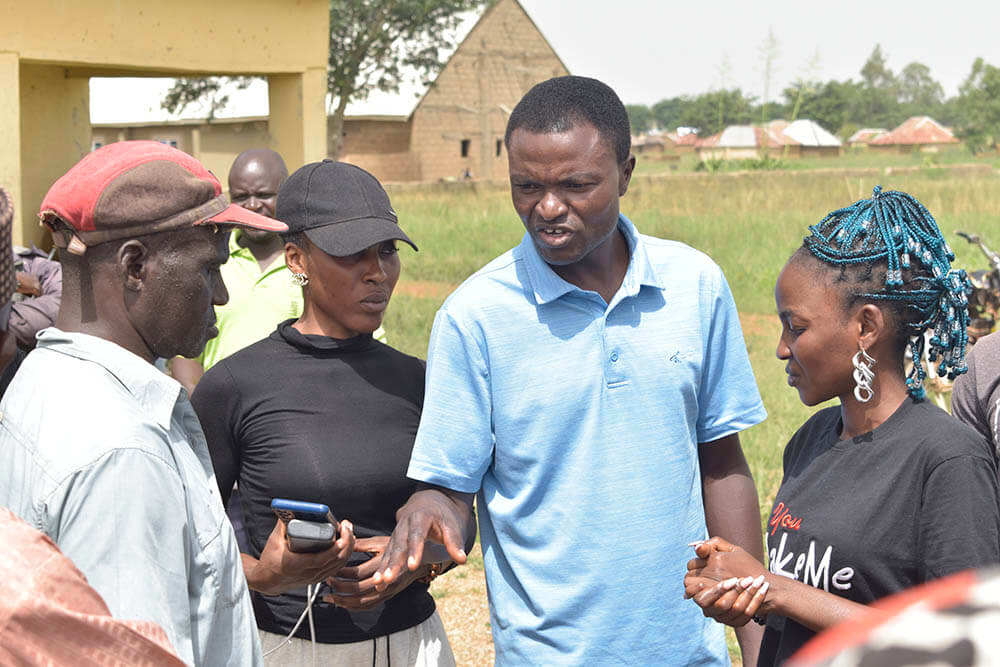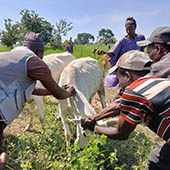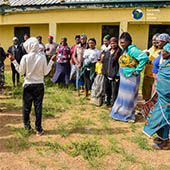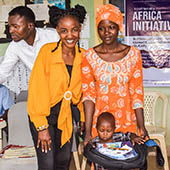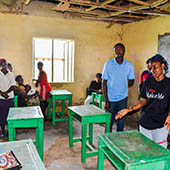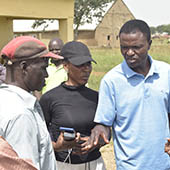In the heart of Plateau State, Nigeria, communities have faced mounting challenges due to the devastating impacts of climate change. Shifting weather patterns have disrupted traditional farming cycles, leading to reduced agricultural yields and heightened competition for dwindling natural resources. This has fuelled tensions between farmers and herders, culminating in violent clashes that have left many families displaced and livelihoods shattered.
In response to this urgent crisis, the Sustainable Livelihood and Climate Adaptation for Peace (SLiCAP) Project was launched by the Ecofriendly Africa Initiative (EFAI). The project was designed to address the root causes of conflict by empowering communities with the tools and resources needed to adapt to climate change, rebuild livelihoods, and foster peaceful coexistence.
At the heart of the SLiCAP initiative lies a commitment to restoring hope and dignity to those affected. One of the most impactful aspects of the project was its focus on education. The project enrolled 100 displaced children, providing them with essential school materials such as bags, books, and accessories. For many of these children, this marked a new beginning—an opportunity to reclaim their future and dream beyond the challenges of displacement.
But SLiCAP’s efforts did not stop at education. Recognizing the importance of sustainable livelihoods in building long-term peace, the project provided targeted support to both farmers and herders. Over 1,500 farmers received tools, seeds, and training in climate-smart agricultural practices, enabling them to adapt to changing environmental conditions and increase their productivity. These interventions not only helped farmers recover from losses but also introduced sustainable practices to reduce resource conflicts in the future.
For herders, the project was equally transformative. With limited grazing lands exacerbating tensions, SLiCAP empowered 500 herders with knowledge of climate science and resources such as veterinary care, and training in sustainable herding practices. This support enabled herders to maintain their livelihoods while reducing the need to encroach on farmlands, a key driver of conflict in the region.
Beyond providing material support, SLiCAP fostered dialogue and understanding between farmers and herders, emphasizing the importance of collaboration in addressing shared challenges. By creating platforms for community members to engage in constructive conversations, the project helped to rebuild trust and lay the foundation for lasting peace.
The impact of the SLiCAP project extends far beyond the immediate beneficiaries. Communities in Plateau State are now better equipped to adapt to the realities of climate change and resolve conflicts without violence. Families that were once torn apart by strife are beginning to rebuild, and children are returning to school with hope for a brighter future.
SLiCAP stands as a testament to the power of targeted interventions that address both the human and environmental dimensions of conflict. It is a story of resilience, collaboration, and the unwavering belief that, even in the face of adversity, peace and progress are possible.
